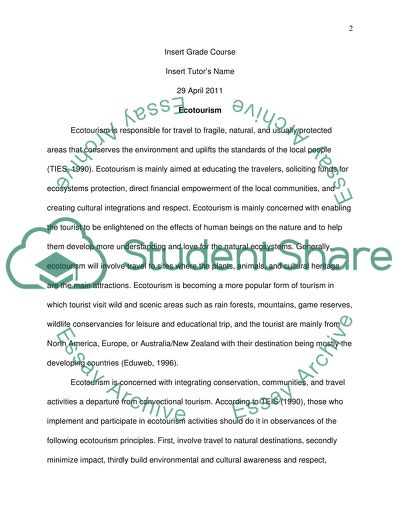Cite this document
(“Cultural tourism, ecotourism, sport tourism, and other emerging types Research Paper”, n.d.)
Retrieved from https://studentshare.org/family-consumer-science/1419303-ycultural-tourism-ecotourism-sport-tourism-and
Retrieved from https://studentshare.org/family-consumer-science/1419303-ycultural-tourism-ecotourism-sport-tourism-and
(Cultural Tourism, Ecotourism, Sport Tourism, and Other Emerging Types Research Paper)
https://studentshare.org/family-consumer-science/1419303-ycultural-tourism-ecotourism-sport-tourism-and.
https://studentshare.org/family-consumer-science/1419303-ycultural-tourism-ecotourism-sport-tourism-and.
“Cultural Tourism, Ecotourism, Sport Tourism, and Other Emerging Types Research Paper”, n.d. https://studentshare.org/family-consumer-science/1419303-ycultural-tourism-ecotourism-sport-tourism-and.


